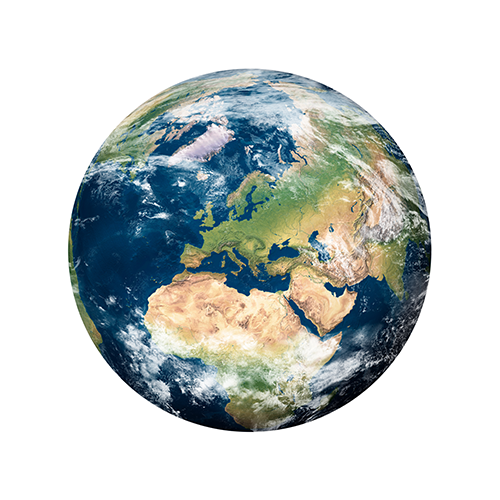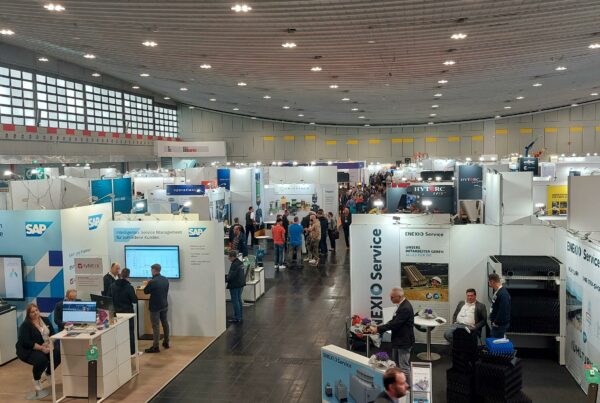Our planet has maintained its size, shape, and position in the habitable zone around the sun for millions of years. Over these eons, it painstakingly accumulated all the vital resources we now rely on, stored within the depths of the Earth. Unfortunately, our rate of consumption tells a different much more-fast paced story.
Resources such as oil and gas have evolved into essential raw materials through increasingly complex processes and connections, paving the way for our modern industrial way of life. Additionally, our planet carries literally life-sustaining resources like water, air, and soil, which are also not infinite. However, currently, this fact is often overlooked or only superficially considered. For instance, 244 billion tons of oil reserves are deemed secure. At our current rate of consumption, this quantity would only last for approximately 50 years.
All resources have a roughly determinable endpoint. By combining the world’s key consumption factors, we can determine an annual quota for Earth and its individual nations, as well as a point at which this quota is exceeded.

Drawing a red consumption line: The “Earth Overshoot Day”
Many of our resources take thousands or even millions of years to form. Hence, it’s crucial to manage these raw materials carefully and with a forward-looking perspective.
The concept of Earth Overshoot Day, introduced by the Global Footprint Network, is marking the specific point in the year when humanity has consumed the natural resources that Earth can provide for the entire year.
Globally, in 2023, this day fell on August 2nd, meaning we had already consumed the resources of a second Earth from that day onwards. In Germany, this day was reached even earlier, on May 4th, 2023. Consequently, in 2023, we are depleting the resources of 1.7 Earths.
Three Earths by 2050
According to scientific projections, the global population is expected to reach 9.7 billion people by 2050. Consequently, the increasing resource consumption associated with this growth is estimated to require the equivalent of 3 Earths in 2050.
More Plastic Waste Due to Increased Consumption
The use and disposal of various types of plastics in products and packaging generate a challenging waste issue. These remnants can only be processed and compensated by our planet at a slow pace as plastics take a very long time to break down:
- PET (Polyethylene Terephthalate), used in single-use bottles and packaging, can take hundreds of years or more to decompose in the natural environment.
- HDPE (High-Density Polyethylene) and LDPE (Low-Density Polyethylene), plastics used in plastic bags and bottles, also require centuries to degrade.
- Polystyrene (Styrofoam), often used for product protection, insulation, and packaging, takes hundreds to thousands of years to decompose.
The extended decomposition time of plastics is why plastic waste has become one of the greatest environmental challenges for humanity. Moreover, the breakdown of plastic waste does not equate to its disappearance; it persists as microplastics.
Our goal should be to reduce plastic consumption and implement circular economies, green packaging, and container management in all value chains.
Move the Date” through Efficient Container Management
Innovative container management plays a pivotal role in reducing significant quantities of plastic waste and waste overall. Simultaneously, it reduces resource consumption in the production of disposable packaging and product protection.
Furthermore, green container management within a value chain decreases energy and resource consumption related to transport by optimizing transport frequencies among participating circular economy actors. Multi-use containers, when combined with sustainable container cleaning and smart container management software, can be utilized for decades within a circular system.
Through the resources saved, container management gradually shifts the Earth Overshoot Day closer to the end of the year, contributing to a much more sustainable future.






